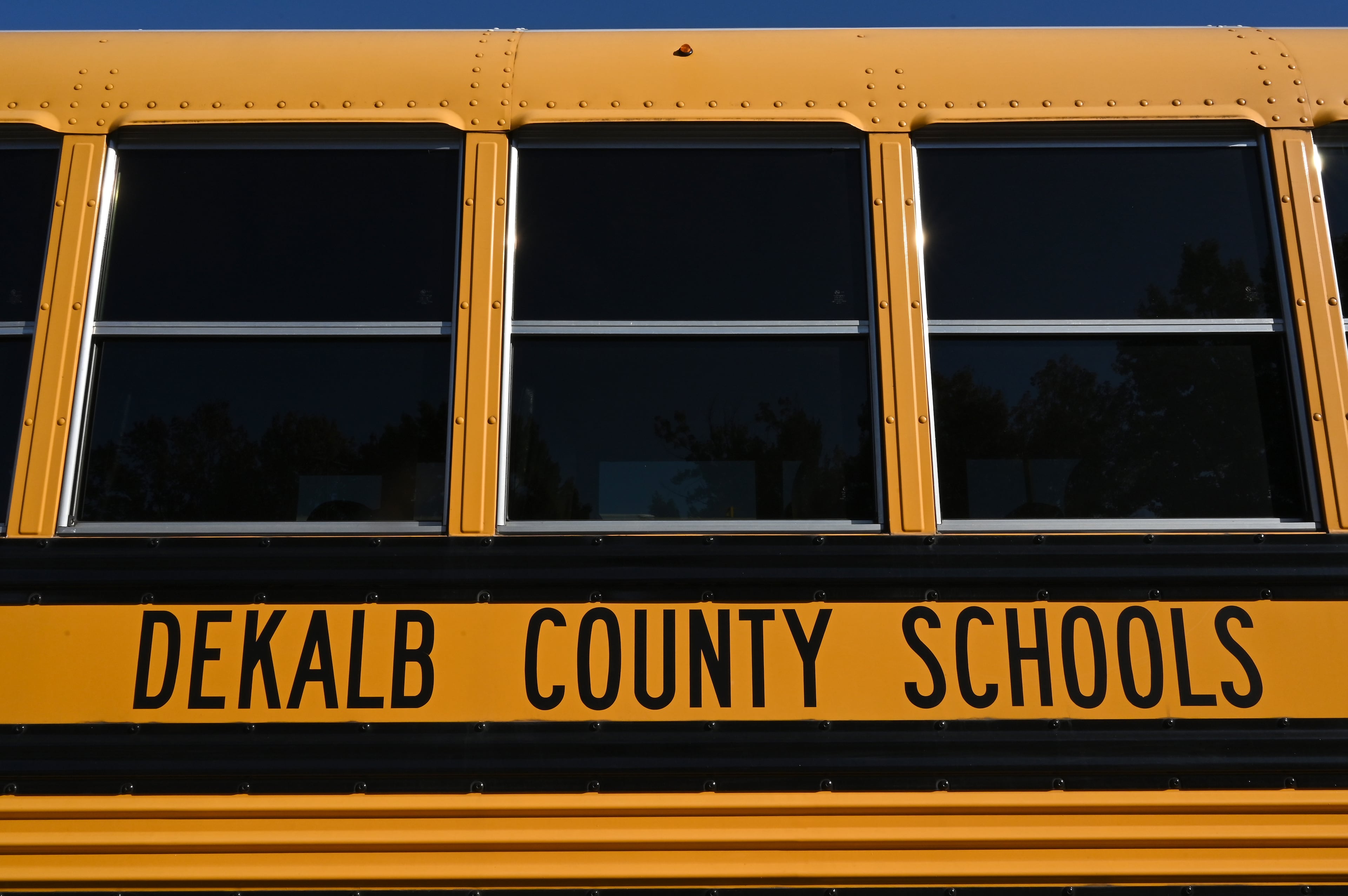To help kids learn online, there’s a lot to learn

As the novel coronavirus closes schools for an extended period, teachers and families are grappling with another novelty: remote learning.
In some school districts where there are too few computers or too many households without internet service, that may mean homework packets on paper. Elsewhere, schools have the technical means to go online, and that can mean anything from assignments involving independent study to live sessions with whole classrooms.
Even if schools have the technology, it can take a while to adapt to it. In mid-March, a few days after Georgia’s schools locked down, one local institution held an online forum for regular classroom teachers.
They wanted to know how to engage students through a screen or over the phone, said Brazilia Bilal-Page, whose online charter school, Georgia Connections Academy, organized the forum. “The school districts are kind of like a fish out of water,” she said. “I think the first week was probably traumatic.”
Students and parents also need training, said Charlie Harper, a former board member and now spokesman for Georgia Cyber Academy, the state’s largest public school. Families go through a training process that can take up to a week, he said. They learn how to use the digital platform and how to structure their days without a bell schedule. The school discovered over time that it was too hard on teachers to make them do that work, so special teams “onboard” families.
“That is something we had to learn, frankly, the hard way,” Harper said. “We want our teachers teaching.”
The transition for regular teachers would be hard enough in normal times. Now, they must adapt while, in many cases, acting as adjunct teachers for their own children.
>>Schooling at home: Tell us about it
How is your school handling this extended closure? Is it sending home paper worksheets or has it supplied computers to students who need them and internet access for homes that do not have it? Are teachers posting assignments online? Are they interacting with students in live video sessions? Were there practice runs, perhaps during a snow day, or is this a new experience?
Let us know how it’s going at CoronavirusEducation@ajc.com.
That is another element of online education that may not be obvious at first glance: Online schools require significant parent involvement, particularly with younger students. Parents at both the Connections and Cyber academies agree to act as, or find, “coaches” to work alongside their kids.
Bilal-Page knew this, of course, but she and her husband are now feeling it, too. They send their three young children, the youngest age 2, to regular schools (they are too young for Georgia Connections, which starts in fifth grade), but now must learn how to coach them. Dad has been coaching in math, and both parents have been watching videos to learn how to teach their youngest about shapes and colors. Outnumbered, they’ve had to juggle.
“He takes one girl and I take the other,” she said, “and the youngest kind of gets both of us.”



